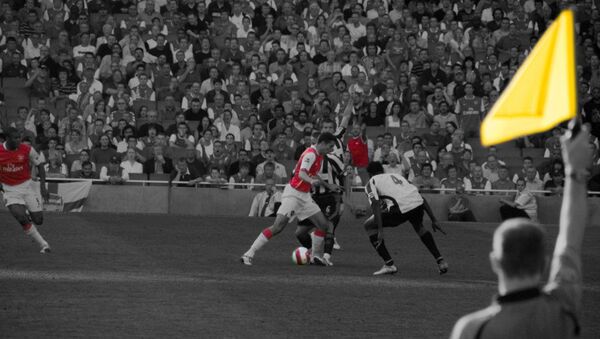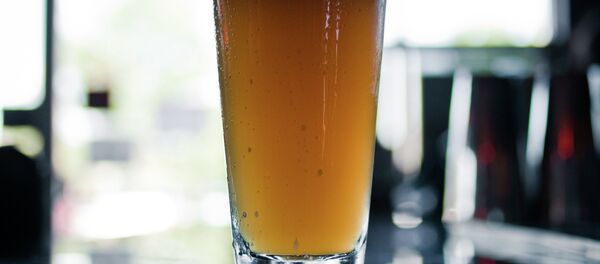In a letter to Richard Scudamore, head of the English Premier League (EPL), professor Sir Ian Gilmore from the Alcohol Health Alliance (AHA) called on the league to take some initiative and "protect the health and wellbeing of young people" by sourcing sponsorship deals from outside the alcohol industry.
The letter comes on the back of reports that Diageo, the company who makes alcoholic products such as Guinness, Smirnoff vodka and Bailey’s are making a play for sponsorship naming rights for the EPL.
Alcohol sponsorship and sport: An irresponsible mix. Read the AHA's letter to the Premier League https://t.co/GxkTIcksV8
— AHA UK (@UK_AHA) March 30, 2015
The AHA, which consists of a coalition of more than 40 medical bodies, charities and health campaigners, argue that there is strong evidence to suggest that "exposure to alcohol marketing leads children and young people to drink more, and to drink at an earlier age".
Should the Premier League be sponsored by an alcohol firm?: The Premier League is considering ending its 15 year… http://t.co/MmlxjEUuwE
— Norwich Journal (@norwichjournal) March 30, 2015
The group says that it is "morally wrong" for the Premier League, as one of the most popular and widely watched competitions, to continue allowing clubs to advertise alcoholic products for fear of the effects it may have on some communities throughout the UK and across the world. The letter reads:
"Linking alcohol and sport through sponsorship deals allows alcohol producers to communicate a legitimacy and status to its products that masks the significant health and social harms associated with their use."
Hand in Hand? Alcohol and Sport
The debate in Britain comes amid a wider global push for alcohol advertising to be banned from sporting events, in the same way as tobacco sponsorship was prohibited from sporting sponsorship in the 1980s.
Russia, France and Norway have already introduced bans on alcohol advertising during sporting events, while Australia, New Zealand and Ireland are among other countries seriously considering similar measures, which would challenge what campaigners say are the historical links between alcohol and sport.



